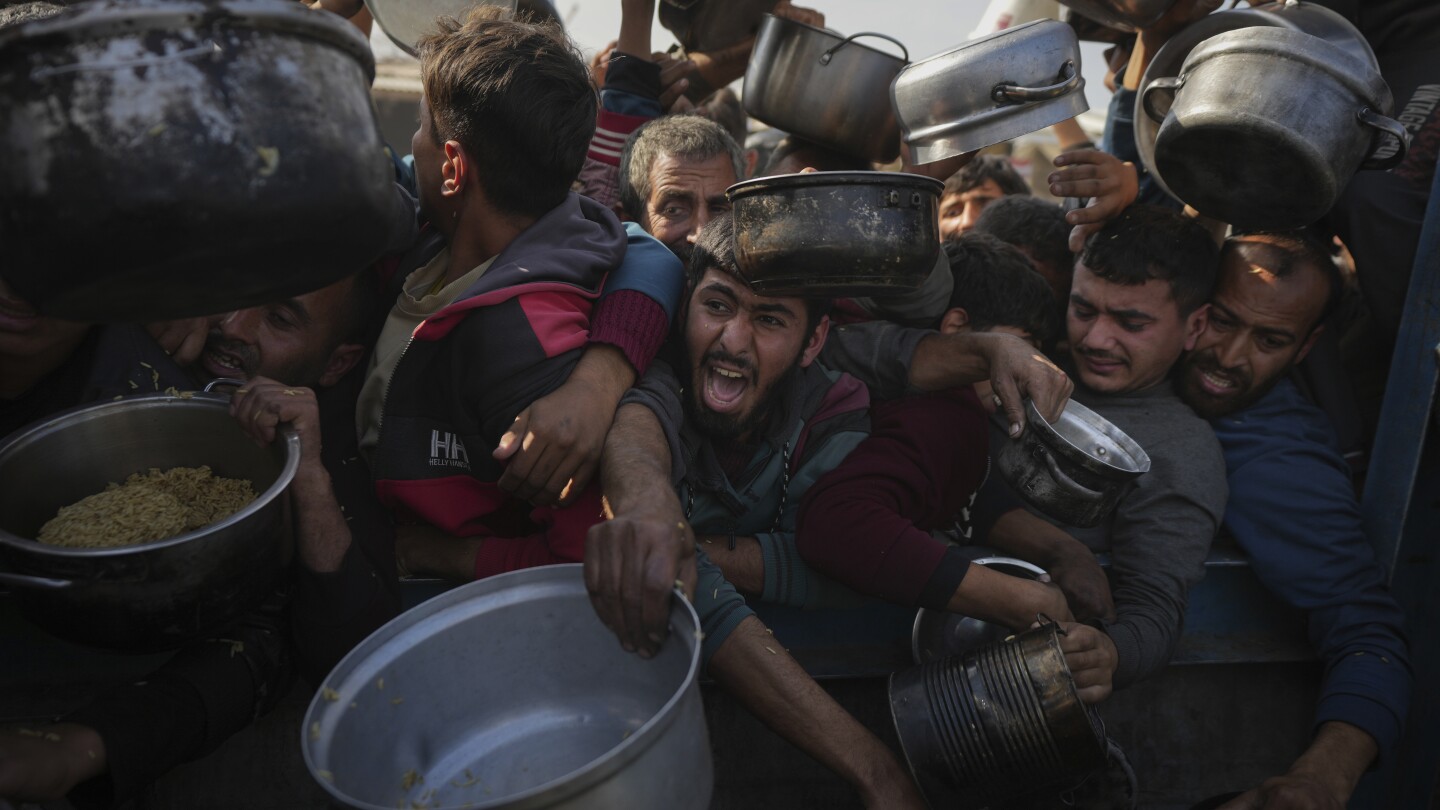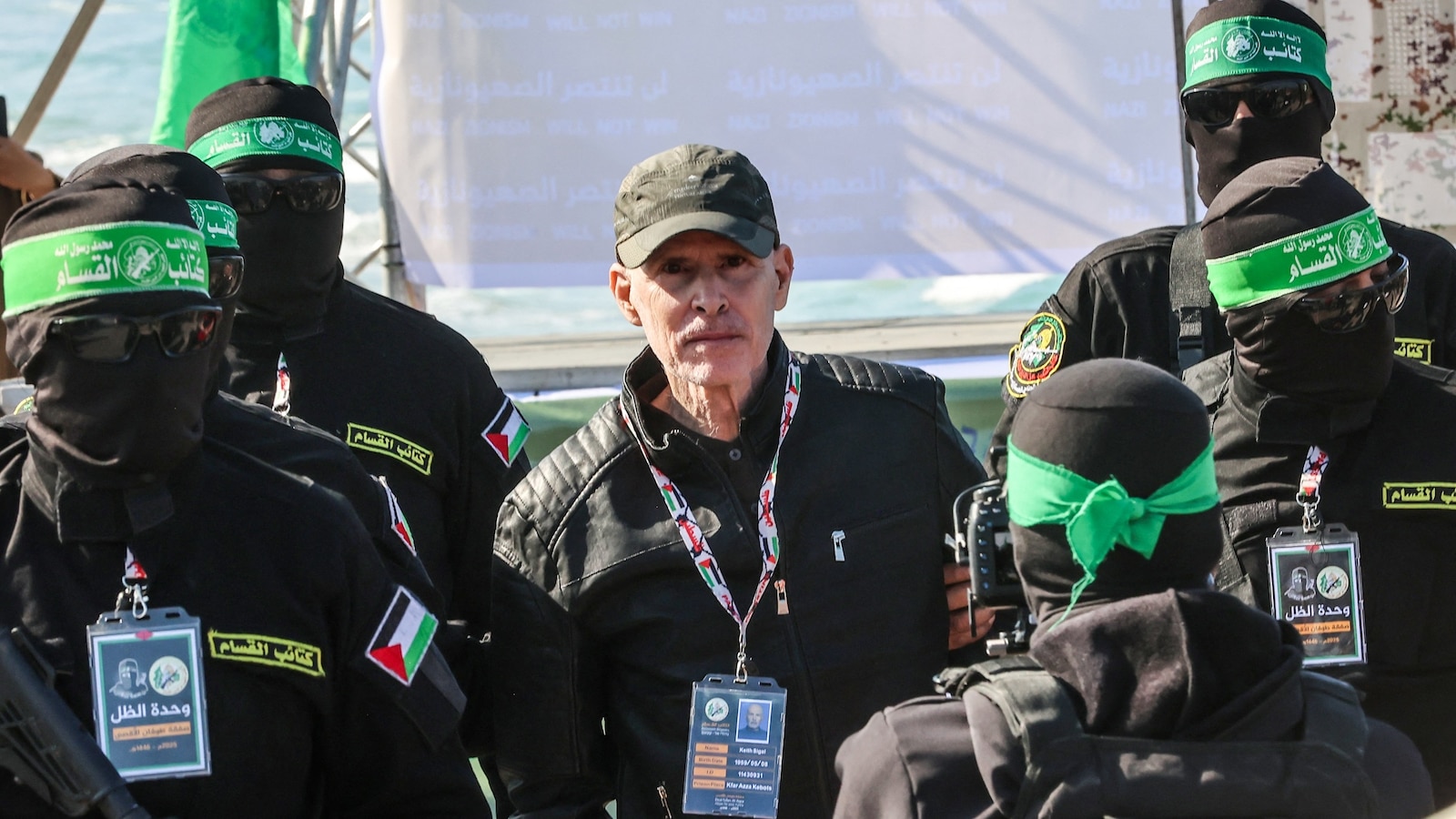UN Poised to Accelerate Humanitarian Aid Efforts in Gaza
In a crucial move to address the escalating crisis in Gaza, the United Nations has announced its readiness to significantly boost the delivery of essential aid. This decision comes amid growing international concern for the population’s urgent needs. The humanitarian situation in Gaza has reached alarming levels, with thousands of families facing dire shortages of food, water, and medical supplies. With the UN poised to accelerate humanitarian aid efforts in Gaza, there is hope for the vulnerable populations who have endured years of conflict and instability.
The Current Humanitarian Crisis in Gaza
The humanitarian crisis in Gaza is not a new issue; it has been exacerbated by years of conflict, economic blockade, and political instability. Recent escalations have only intensified the suffering of the civilian population. According to reports from the UN Office for the Coordination of Humanitarian Affairs (OCHA), over two million people in Gaza are currently in need of humanitarian assistance. This includes:
- Access to clean water and sanitation
- Food security and nutrition support
- Health care services, including mental health support
- Emergency shelter and protection
With the ongoing violence and restrictions on movement, humanitarian organizations have faced significant challenges in delivering aid, leading to increased risks for the local population. Families are struggling to meet basic needs, and children are particularly vulnerable, facing the brunt of the crisis.
UN’s Strategic Plan for Humanitarian Aid in Gaza
The UN’s decision to accelerate humanitarian aid efforts in Gaza involves a comprehensive strategy aimed at addressing both immediate and long-term needs. The plan focuses on several key areas:
- Increase in Aid Supplies: The UN aims to boost the volume of food, medical supplies, and essential goods reaching Gaza. This includes collaborating with various NGOs and local organizations to ensure effective distribution.
- Enhanced Coordination: By improving coordination among aid agencies, the UN looks to streamline efforts, minimize duplication of services, and ensure that aid reaches those most in need in a timely manner.
- Community Engagement: Engaging local communities in the planning and implementation of aid programs is essential. This approach empowers residents, ensuring that the aid provided is relevant and meets actual needs.
- Monitoring and Evaluation: The UN will implement robust monitoring systems to assess the impact of aid efforts and make necessary adjustments to improve effectiveness.
The Role of International Community
The acceleration of humanitarian aid efforts in Gaza is not solely the responsibility of the UN. It requires a concerted effort from the international community. Countries and organizations around the globe must step up their contributions to support the UN’s initiatives. This includes:
- Financial Contributions: Increased funding is crucial for maintaining and expanding humanitarian operations in Gaza. Governments and private donors are encouraged to pledge financial support.
- Advocacy for Peace: The international community must advocate for a ceasefire and a long-lasting peace agreement, as stability is essential for ensuring sustainable humanitarian assistance.
- Awareness Raising: Raising awareness about the situation in Gaza can mobilize public support and pressure governments to act decisively in favor of humanitarian efforts.
Challenges Ahead
While the UN is poised to accelerate humanitarian aid efforts in Gaza, several challenges persist. These include:
- Access Restrictions: Even with increased efforts, access to affected areas may remain limited due to ongoing violence and restrictions imposed by authorities.
- Security Concerns: The safety of humanitarian workers is paramount. Ongoing hostilities can pose risks that deter aid organizations from operating effectively.
- Funding Shortfalls: The gap between the needs and available funding remains a significant hurdle. Insufficient funding could limit the scale of the aid operations.
Success Stories and Hope for the Future
Despite the challenges, there have been success stories that highlight the resilience of the people of Gaza and the effectiveness of humanitarian assistance. Local organizations, often supported by international partners, have managed to provide vital services, such as:
- Nutrition Programs: Initiatives that focus on providing fortified food to children have shown significant improvements in child health and nutrition.
- Psychosocial Support: Programs aimed at providing mental health support have helped many cope with the trauma of living in a conflict zone.
- Community Development Projects: Local projects focused on rebuilding infrastructure have created job opportunities and fostered community resilience.
The UN’s renewed commitment to accelerate humanitarian aid efforts in Gaza is a beacon of hope for those who have endured prolonged suffering. With coordinated efforts, increased funding, and a focus on community empowerment, there is potential for meaningful change in the lives of the people in Gaza.
A Call to Action
As the UN prepares to enhance its humanitarian aid efforts in Gaza, it is imperative for individuals, organizations, and nations to contribute in any capacity they can. Whether through donations, advocacy, or volunteering, every effort counts in alleviating the humanitarian crisis facing the people of Gaza. The world must stand in solidarity with those who are suffering and help pave the way for a brighter, more hopeful future.
In conclusion, the UN’s readiness to boost humanitarian assistance in Gaza signifies a critical step towards addressing the urgent needs of a population in distress. By fostering collaboration, advocating for peace, and mobilizing resources, there is hope that the humanitarian situation in Gaza can improve, leading to a more stable and secure future for its residents.
See more Update My News



